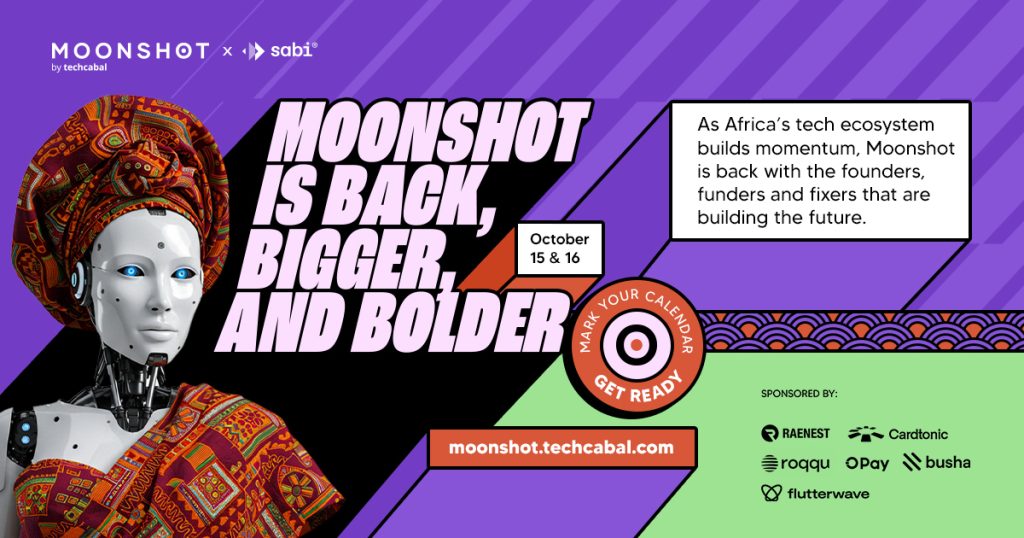In May, I highlighted first-time entrepreneurs who relocated from Lagos, Nigeria, aiming to enhance their global mobility to attract investment. They believed that being closer to international investors would increase their chances of securing funding.
For venture capitalists, the ability to move and engage across borders is equally vital. In regions like Europe or the United States, investors have access to comprehensive reports and well-organized data. However, in Africa, where such detailed information is often scarce, investment decisions require more than just analyzing spreadsheets.
International investors frequently need to immerse themselves locally to grasp the true potential of opportunities. Simply arriving with a checkbook and leaving immediately does not foster trust or deep understanding, often leading to poor investment choices. For domestic investors, unrestricted movement within Africa is essential, especially when their investment focus spans multiple countries, as business dynamics in Nigeria differ significantly from those in Kenya.
TechCabal engaged with founders and investors to explore how building cross-border insights is crucial and why being physically present is as important as financial backing.
Creating Cross-Border Understanding
Alyune-Blondin Diop, Investment Principal at LoftyInc Capital
“Developing a nuanced understanding of local contexts is indispensable, particularly in Africa. Many tend to generalize the continent as a single entity, but the reality is far more complex. Even neighboring countries can have stark differences. For instance, conducting business in Senegal contrasts greatly with the Ivory Coast or Benin. Cultural norms and economic environments vary widely. In Senegal, you might approach the top executive directly, whereas in the Ivory Coast, engaging with mid-level managers is more effective. These subtleties fundamentally alter how business is conducted.
Our work revolves around people, and trust cannot be established through virtual meetings alone. It requires being present-sharing a meal, visiting homes, observing daily life, and understanding motivations. This approach helps avoid costly errors. Many setbacks in Africa’s startup ecosystem could have been averted if investors had paid closer attention to these human elements.”
Diop’s investment journey spans numerous markets where he has allocated capital. Originally from Senegal, he has lived and worked in countries including Ivory Coast, Morocco, Kenya, Nigeria, France, and the UK. His portfolio includes companies across Morocco, Tunisia, Egypt, Kenya, Nigeria, Senegal, Ivory Coast, South Africa, Cameroon, and even European markets like the UK, France, and Italy.
“Mobility has enriched me culturally and professionally. Exposure to diverse business practices enhances my ability to analyze people, negotiate effectively, and cultivate relationships. Our industry thrives on relationships; without understanding people, success is elusive.
When I invested in Tunisia, I first gathered insights from locals to form a broad perspective. Then, I visited to validate and challenge those views. Over time, I built reliable friendships that keep me informed. In France, information is readily available and structured, but in Africa, you must create your own data sets. That’s the key difference.”
Diop emphasizes that mobility is indispensable for investors targeting African markets.
“Investing in a company means investing in its country, sector, and value chain. These chains differ greatly between Nigeria, Kenya, and Morocco. Only by spending time on the ground can you appreciate these complexities. Physical presence is crucial; without it, you risk missing vital details, which can be costly.”
Reconciling Global Expectations with Local Realities
Mallick Bolakale, CEO of Startbutton, a Nigerian regtech startup facilitating compliant market expansion
“One major challenge that foreign investors often overlook is the art of storytelling-helping them grasp the local problem’s nuances. What may be an urgent issue here might seem like an old problem solved decades ago elsewhere.
Another obstacle is data scarcity. Africa lacks a single, reliable source for market sizing, forcing investors to piece together information from various fragments. Foreign investors tend to benchmark African startups against counterparts in the US or Brazil, expecting rapid growth rates like doubling monthly revenue. They often fail to account for differences in purchasing power and adoption rates.
To bridge this gap, investors are increasingly establishing local partnerships in hubs like Lagos, Nairobi, or Johannesburg. Some co-invest with African venture capital firms to gain insights and deal flow without direct presence. I’ve witnessed foreign investors lose money by investing without sufficient local knowledge. Those who succeed usually collaborate with funds that understand the ecosystem intimately.”
The Hidden Costs of Context
Olubayo Adekanmbi, CEO of EqualyzAI, a Nigerian AI startup developing hyperlocal, multimodal models for emerging markets
“I refer to this as the cost of context. In Africa, solutions cannot simply be transplanted from elsewhere. Products must be designed for offline functionality, accommodate unreliable internet, and anticipate extended integration periods.
Foreign investors often underestimate how much time and working capital startups dedicate to overcoming these challenges. It’s not just about selling a product; it’s about enabling clients to effectively use it, which requires additional resources.
In artificial intelligence, the risk lies in comparing Africa’s progress to Western models. This comparison is misleading because the problems and technological deployment differ significantly.
Western AI development builds on existing infrastructure and data layers. In Africa, these foundations are often absent, so technology must be developed alongside the necessary conditions for its success. Ignoring this leads to misjudged timelines and underestimated costs.
Investors seeking quick returns often become frustrated. Africa’s potential is undeniable, with 1.4 billion people and the fastest-growing youth demographic globally. However, the journey is gradual. You cannot expect Silicon Valley’s pace when infrastructure and user behavior evolve differently here.
Partnering with an investor is like a marriage; both parties must share a realistic understanding. The greatest disconnect occurs when founders misrepresent their situation and investors assume Africa mirrors Silicon Valley. That’s where frustration begins.”
Why International Investors Prefer Later-Stage Deals
Brenton Naicker, South African Principal and Head of Growth at Crypto Valley VC, active across multiple African markets
“Africa’s complexity is profound. Each nation has distinct cultures, infrastructures, and business environments. This complexity deters many foreign investors from engaging at the seed stage. Instead, they wait until Series A or beyond, when measurable metrics provide clearer insights.
The most effective way to overcome knowledge gaps is through partnerships with local investors. Co-investing combines local expertise with international networks, benefiting founders with comprehensive support.
Without such collaboration, misunderstandings abound. Foreign investors’ caution is justified, but when local context and capital align, the outcomes can be transformative.”
Mallick Bolakale and Olubayo Adekanmbi will be featured speakers at Moonshot 2025, our premier event on October 15-16. Join Africa’s leading founders, creatives, and tech innovators for two days of inspiring keynotes, networking, and forward-thinking discussions. Secure your tickets now at moonshot.techcabal.com.
























0 Comments